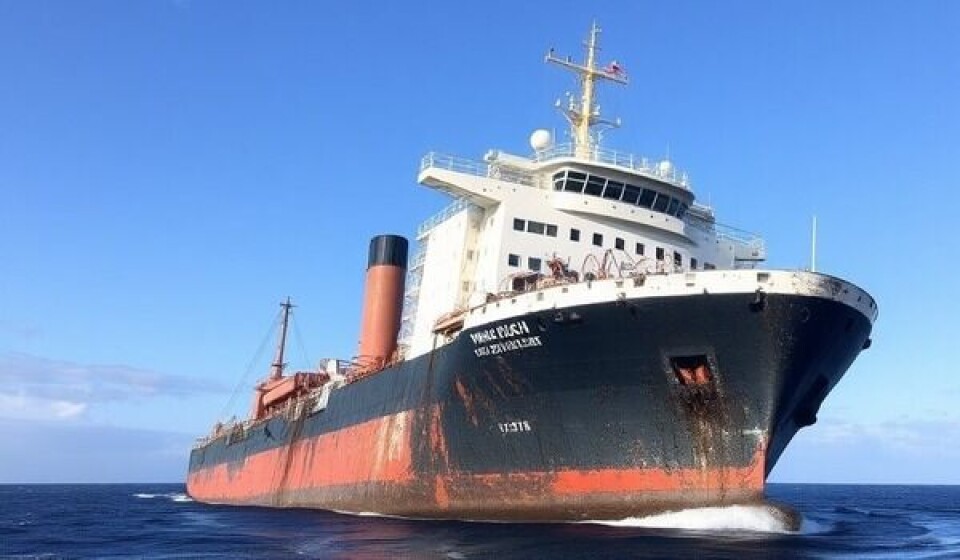Copyright : Re-publication of this article is authorised only in the following circumstances; the writer and Africa Legal are both recognised as the author and the website address www.africa-legal.com and original article link are back linked. Re-publication without both must be preauthorised by contacting editor@africa-legal.com
Rerouted ships put Africa’s MARPOL commitments to the test

In the first three months after the start of the Houthi attacks and counter strikes on commercial ships transiting through the Red Sea in November 2023, ports in Africa witnessed a 70% increase in traffic volumes. Pelumi Abdul reports on some of the implications.
The global redirection of commercial shipping from the Red Sea shipping lanes to alternative routes around Africa is benefiting several African countries. However, with that comes the real likelihood of the menace of marine pollution if oil, chemicals and other hazardous materials are spilt from ships through operational and accidental causes and ports’ congestion. This calls for a revisit to the International Convention for the Prevention of Pollution from Ships (MARPOL) which has, so far, been ratified by 26 African countries.
While encouraging other African countries to ratify the convention as they are also affected by oil activities, Shehu Popoola-Taiwo, chairman of YoungShip Nigeria, commented on some of the issues undermining the operation of the convention.
“To date, MARPOL remains the most significant maritime convention across the globe and has been adopted by several African countries, including Nigeria, Algeria, Libya, Angola, Egypt and Gabon, which are the top oil producers on the continent. The purpose of its adoption is to eliminate oil pollution and keep the marine environment safe,” he said.
“Despite this groundbreaking step taken by these African countries, there have been issues with effective implementation and a host of other issues which undermine the operation of the convention greatly in Africa. This, coupled with impending environmental, economic and military repercussions of the commercial ships' redirection to African routes from the Red Sea, calls for urgent action,” he added.
Popoola-Taiwo believes that international cooperation and institutional reform are crucial to get the convention operating effectively. He says international counterparts need to work together to bring about best global standards and international practices. “This will also entail acquiring workable human knowledge, and the financial and technological infrastructure required in African ports from countries that are effectively implementing the convention. This will solve the resource incapacitation and institutional problems with regard to the implementation of the convention,” Popoola-Taiwo noted.
Fehintoluwa Ajayi, an associate at Bloomfield LP, emphasised that the focus needs to shift towards stringent and effective implementation of the convention. “This calls for robust legal frameworks that are tailored to align with MARPOL's requirements and which are adapted to local contexts. I also believe that there must be strong mechanisms in place for enforcement, and penalties for violations should be severe enough to ensure compliance,” she noted.
“In addition, regional collaboration should be prioritised to facilitate shared strategies for monitoring, enforcement. and incident response,” Ajayi said. “Investing in technology and capacity building (such as building modern ports’ infrastructure) will also play a critical role in enhancing each country's ability to manage and mitigate marine pollution effectively.”
To join Africa Legal's mailing list please click here
